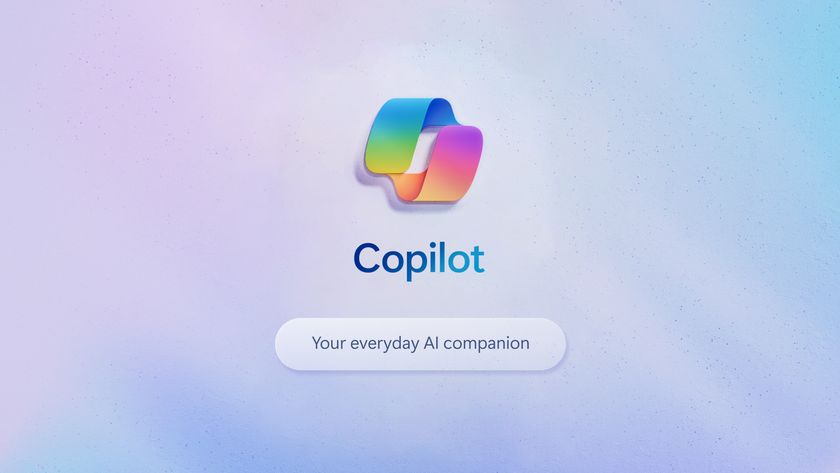Apple's Grand Plan for Fixing Apple Maps, Explained
Apple Maps isn't good, and the company's been working for years to finally get it right, by owning all of the data, instead of using others'.
If you've ever allowed Apple's Maps app to lead you astray, you've been aware of how poor its quality is, especially in comparison to Google Maps and Waze. Fortunately, Apple is aware of this, and aims to start catching up in iOS 12.

In interviews with TechCrunch, Apple Senior VP Eddy Cue and Apple VP Patrice Gautier let it be known that the company's been hard at work on re-setting the maps at the core of the Maps app. This change is a long time coming, as Cue said the company set out to fix Maps four years ago, and decided that Apple "needed to do this ourselves."
Apple's doing this on its own (with your help)
That translates to Apple no longer relying on data pulled from outside partners, as it will now only use information gathered by Apple itself. Specifically, Apple's pulled this data from hundreds of millions of users' iPhone data, which has been anonymized, as well as a fleet of cars outfitted with "sensors and cameras."
If you don't want Apple using your device's data, though, you'll need to turn off location services for Maps, which stops Maps from being able to pinpoint your location, and would make it worthless. Fortunately, Apple's location settings for Maps don't have a setting for always monitoring your location, only for while you're using it.
Earlier this week, when I wanted to find the nearest Joe Coffee shop to our New York office, I made the mistake of allowing Apple Maps to help me find it ... and found myself getting directions to the Joensuu Airport, in Finland.
How Apple plans to get you there
While the Maps upgrade will make Apple's maps look a lot better (a lot of topographical data is added), the most important aspect of these changes is that Apple's working on accuracy.
Sign up to get the BEST of Tom's Guide direct to your inbox.
Get instant access to breaking news, the hottest reviews, great deals and helpful tips.
MORE: Big Google Maps Update Rolling Out: Here's What's New
At first, the Maps update will only apply to San Francisco and Northern California, as the former will hit devices in an upcoming iOS 12 beta, and the latter arrives this fall. Apple's using global resources, though, to eventually roll out this new data around the world.
Why will this time be better than the original Maps rollout, which was so bad that Tim Cook had to apologize for it? First of all, by owning the data used for Maps, Apple will have a much easier time applying changes, corrections and updates when necessary.

And by gaining increased control of the database, Apple's able to implement a new level of control for making its maps accurate: human editors. That's right, according to this TechCrunch story, Apple Maps had existed without any humans editing it. The company also had a team of developers (referred to as 'tool builders') create "toolkit that can be used by human editors to vet and parse data, street by street."
This set of tools will enable address correction, and allow for the human editors at Apple to overlay images captured by devices with 3D maps, so they can figure out if their database maps to reality correctly.
Apple's also focusing on the last moments of your arrival at your destination, by giving editors the ability to add instructions for where to enter a location. That means you'll know which side of the building is right to drive up to, and where to find driveway entrances.
Cue promised that "We’re going to make sure that we’re taking you to exactly the right place, not a place that might be really close by," which is the kind of claim that Google's never had to provide for Google Maps. The fact that Cue's saying it at all may be depressing for Apple, but it's a sign that the company is being honest about how much work is needed.
Search is also getting help
Earlier this week, when I wanted to find the nearest Joe Coffee shop to our New York office, I made the mistake of allowing Apple Maps to help me find it. I typed "Joe" into the search field in Spotlight on my iPhone, scrolled to the bottom, tapped Search Maps, and found myself getting directions to the Joensuu Airport, in Finland.
Fortunately, search is also getting revamped, and the TechCrunch article notes that Maps will "make sure that you get more relevant results (on the correct continents) than ever before." It's still alarming, though, that Maps has had trouble selecting the right continent.
Cue claimed that "we don’t think there’s anybody doing this level of work that we’re doing." But until this Maps app rolls out across the world, to all, Google Maps will remain in the lead.

Henry is a managing editor at Tom’s Guide covering streaming media, laptops and all things Apple, reviewing devices and services for the past seven years. Prior to joining Tom's Guide, he reviewed software and hardware for TechRadar Pro, and interviewed artists for Patek Philippe International Magazine. He's also covered the wild world of professional wrestling for Cageside Seats, interviewing athletes and other industry veterans.











